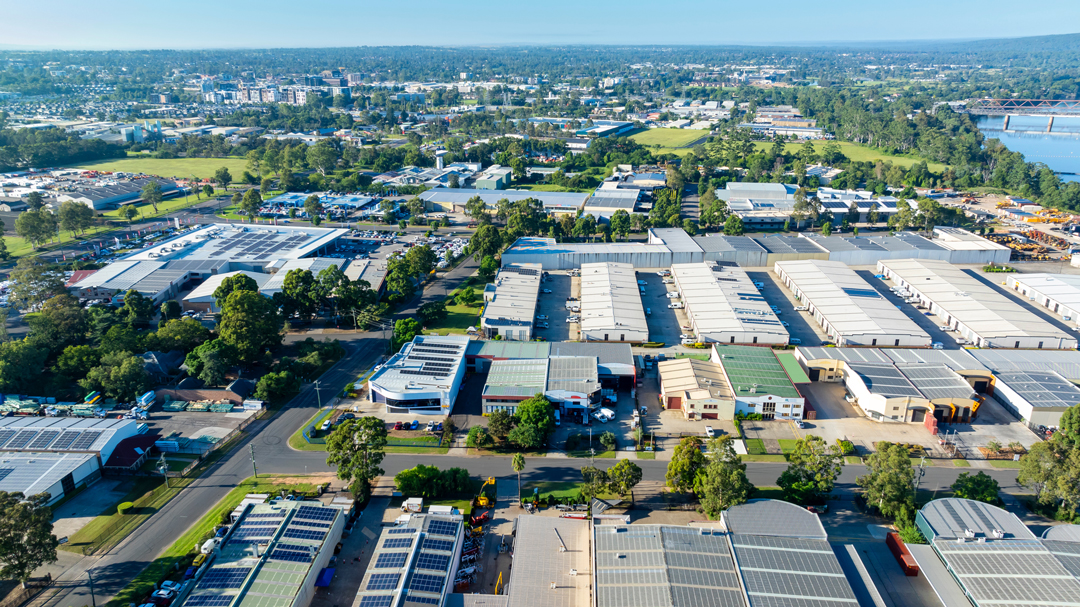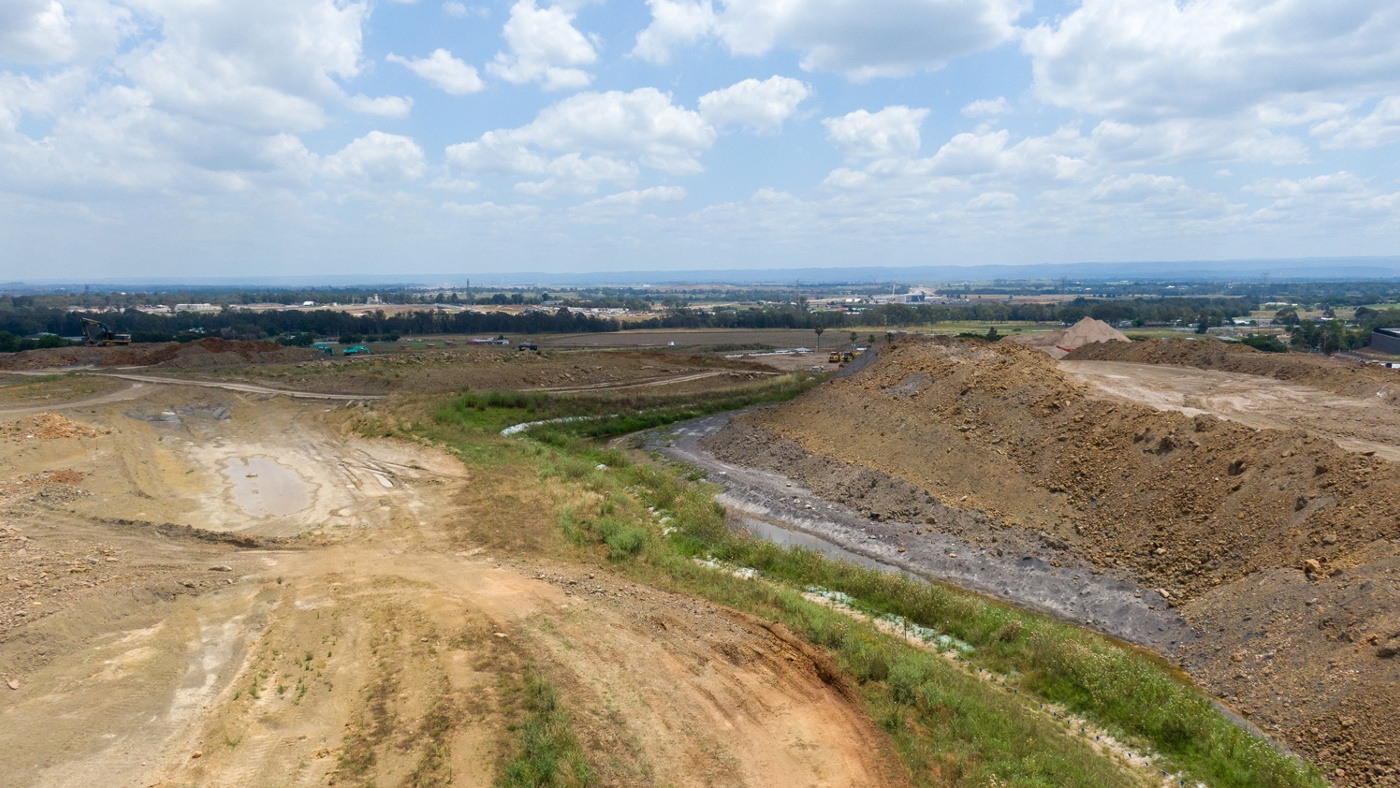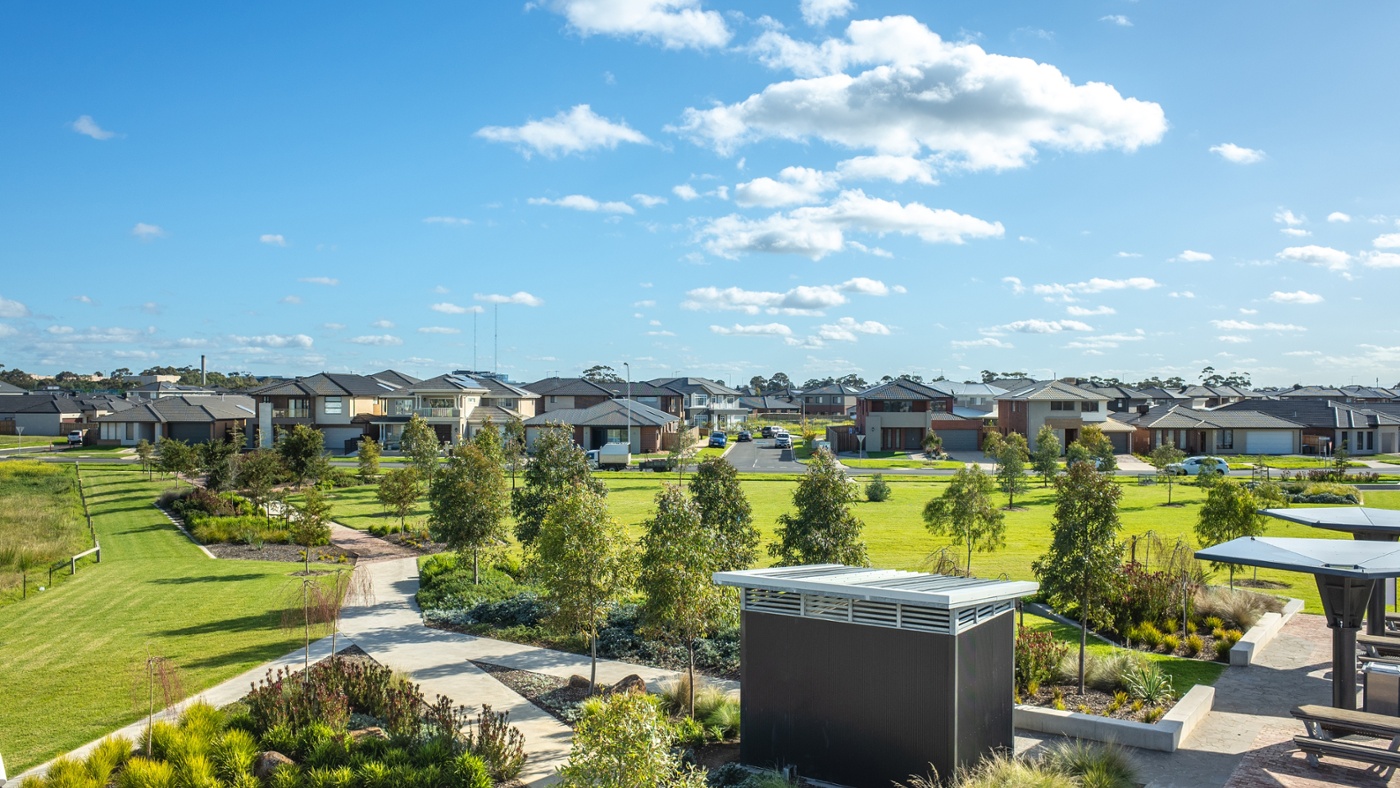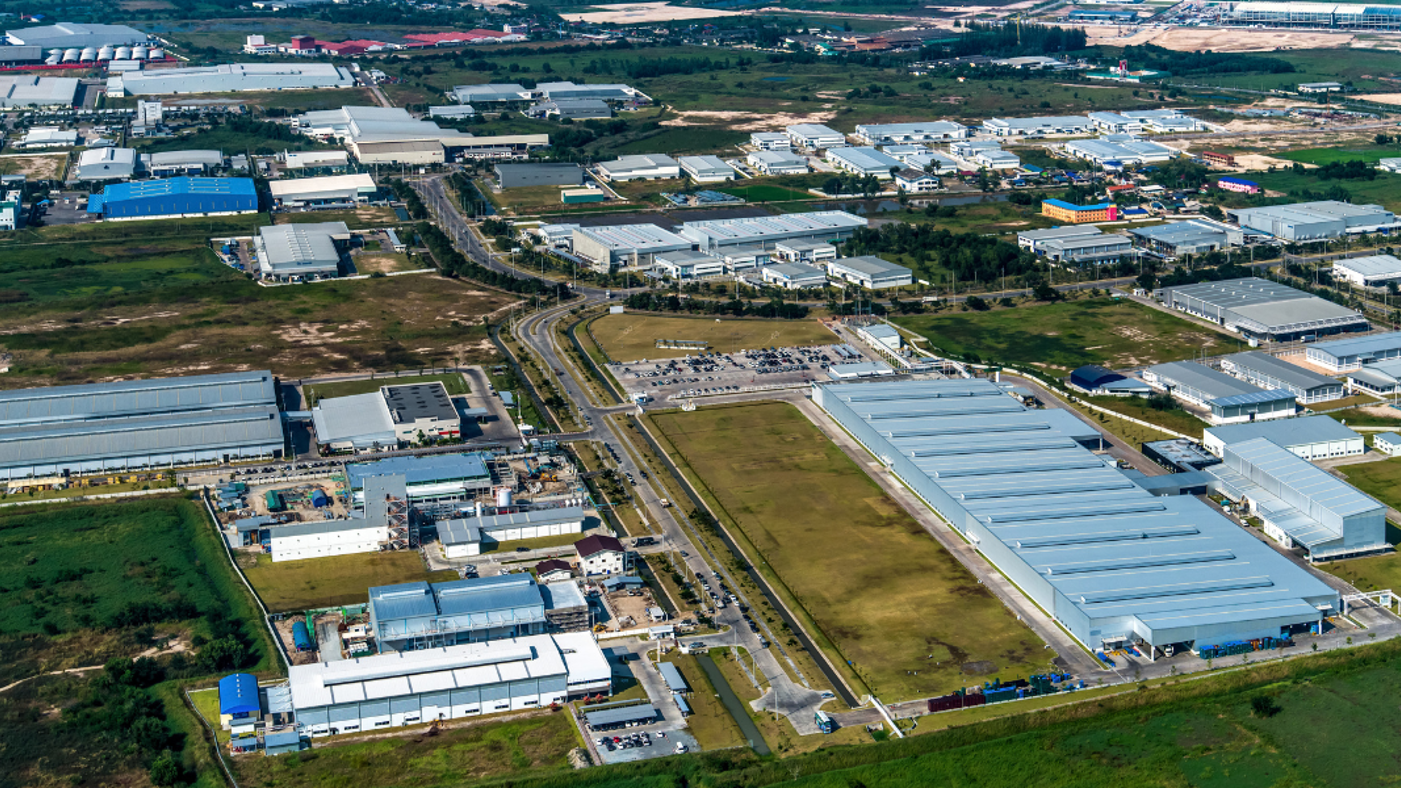The industrial and logistics sector is critical to NSW’s economy, but developers are increasingly frustrated by planning delays, restrictive controls, and insufficient infrastructure coordination. Without decisive reform, NSW risks losing its edge in this vital sector.
There’s a growing sentiment that industrial tenants are moving away from Sydney, opting instead for Brisbane and Melbourne, where industrial rents are substantially lower, DA approved serviced land is more readily available, and development assessments are processed significantly faster. There are multiple examples of major tenants who have vacated their Sydney warehouses and then expanded their Melbourne and Brisbane facilities to service Sydney from these interstate warehouses.
The big negative for Melbourne and Brisbane as an attractive place to invest in Industrial real estate is that foreign investment policies and surcharge taxes in these states are driving up the cost of acquiring industrial property, adding the risk of these assets ultimately becoming ‘stranded’ assets for industrial owners.
Despite the pull of interstate competition, NSW remains appealing for international investors due to its favourable foreign investment policies, which avoid the costly surcharge taxes imposed by other states on companies with foreign backing. However, as industry leaders like Andrew Simons, Head of Development (Industrial & Logistics) at Charter Hall point out, “One of Sydney’s biggest challenges is that developers struggle to bring land to market due to infrastructure planning and coordination bottlenecks which are further compounded by the complexities of the NSW planning system.”

The case for reforming NSW’s planning system
The industrial and logistics sector faces unique challenges in NSW, where convoluted planning processes and prescriptive controls continue to stifle growth. “There’s a persistent disconnect between planning authorities and infrastructure providers regarding the feasibility and operational requirements of the logistics sector,” notes, Gordon Kirkby, Planning Director, Industrial, Ethos Urban. Kirkby describes how industrial developments are often treated as an afterthought in urban planning. In many cases, infrastructure is lacking or slow to be delivered, resulting in costly delays. Private sector developers are stepping in to address these shortfalls, but their efforts are frequently hampered by government indecision and lack of support. “It’s planning on the go,” adds Kirkby, highlighting the frustration developers feel as they contend with continuous delays costly bureaucratic red tape. “Even though processes exist to deliver essential public infrastructure, agencies aren’t using them effectively, further inflating the costs and timelines associated with these developments.”
The proliferation of assessment documentation is also a key issue for developers. Assessment requirements are no longer based on matters that are likely to have an impact from the proposed development but rather are a set in stone list of studies and reports regardless of the site context or development proposal. Some of this documentation is more appropriately addressed post consent (e.g. construction management plans). This adds to the cost of developing in NSW including lengthy assessment timeframes.
Outdated controls and their impact on industrial land
NSW’s limited land supply is another issue magnified by planning controls that don’t account for the unique needs of industrial style developments. In the already limited Sydney market, such as dedicating 25% of a site to tree planting – a measure more suited to residential projects – restricts developers’ ability to maximise usable space. These constraints not only elevate development costs but also inhibit investment in productivity-boosting features like automation and larger warehouse footprints, ultimately limiting land’s capacity to serve its core, intended ‘industrial’ purpose.
Daniela Vujic, Planning Director, Industrial, Ports and Logistics expert at Ethos Urban elaborates, “When warehouse size is capped due to prescriptive green space requirements, we’re not making the most of industrial land. Given Sydney’s limited industrial land resources, we must find an effective balance between social and environmental goals and the economic productivity these lands can drive.”

Lack of sector advocacy within Government
A key concern raised by industry experts is the absence of dedicated advocates within government who understand the economic importance of the industrial and logistics sector. Ethos Urban’s team believes that having economic advisors embedded in planning authorities would bring a crucial perspective to the table, ensuring that the economic impacts of development delays and restrictive controls are fully considered. “There’s no champion for our sector within government,” Kirkby says. “Time is money in logistics. If planning authorities better understood the economic consequences of unrealistic planning controls and processes, they’d recognise how these policies devalue industrial land and drive up the cost of living. A more balanced approach is required”.
A call for action
If NSW is to remain competitive, decisive reforms are urgently needed. This means realigning planning controls with industrial requirements, reducing approval timeframes, and ensuring that infrastructure planning keeps pace with development demands. By facilitating efficient use of land, modernising approval processes, and adopting a pro-industry stance, NSW can retain its strategic advantage in the industrial and logistics sector. In Andrew Simons’ words, “NSW is uniquely positioned to attract investment, but without planning reform and better infrastructure coordination, we risk losing out to states that are more proactive in supporting industrial growth.”
Related Insights

How Immigration Shapes Housing Choices in Victoria?

NSW Low and Mid-Rise Housing Reforms

NSW Government Releases Industrial Lands Action Plan






